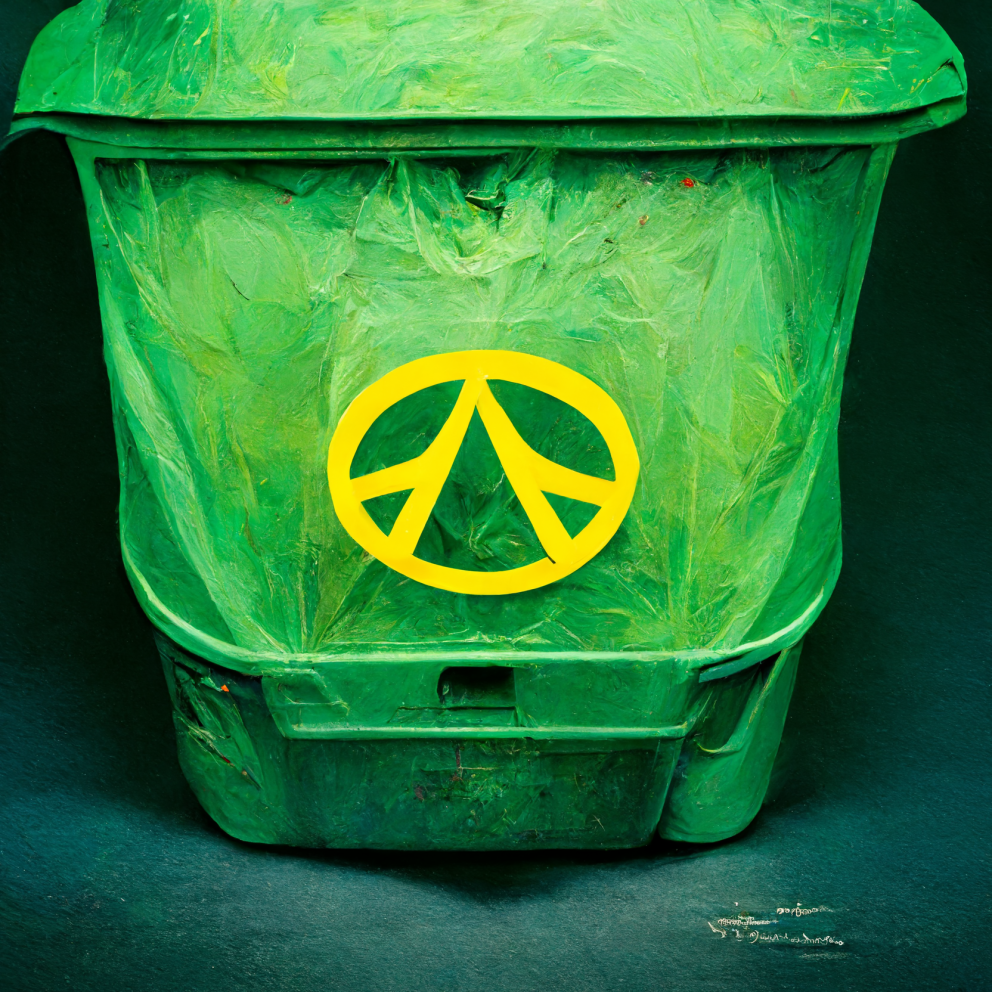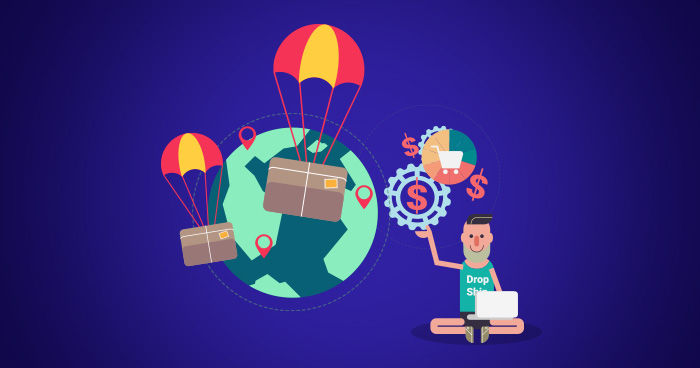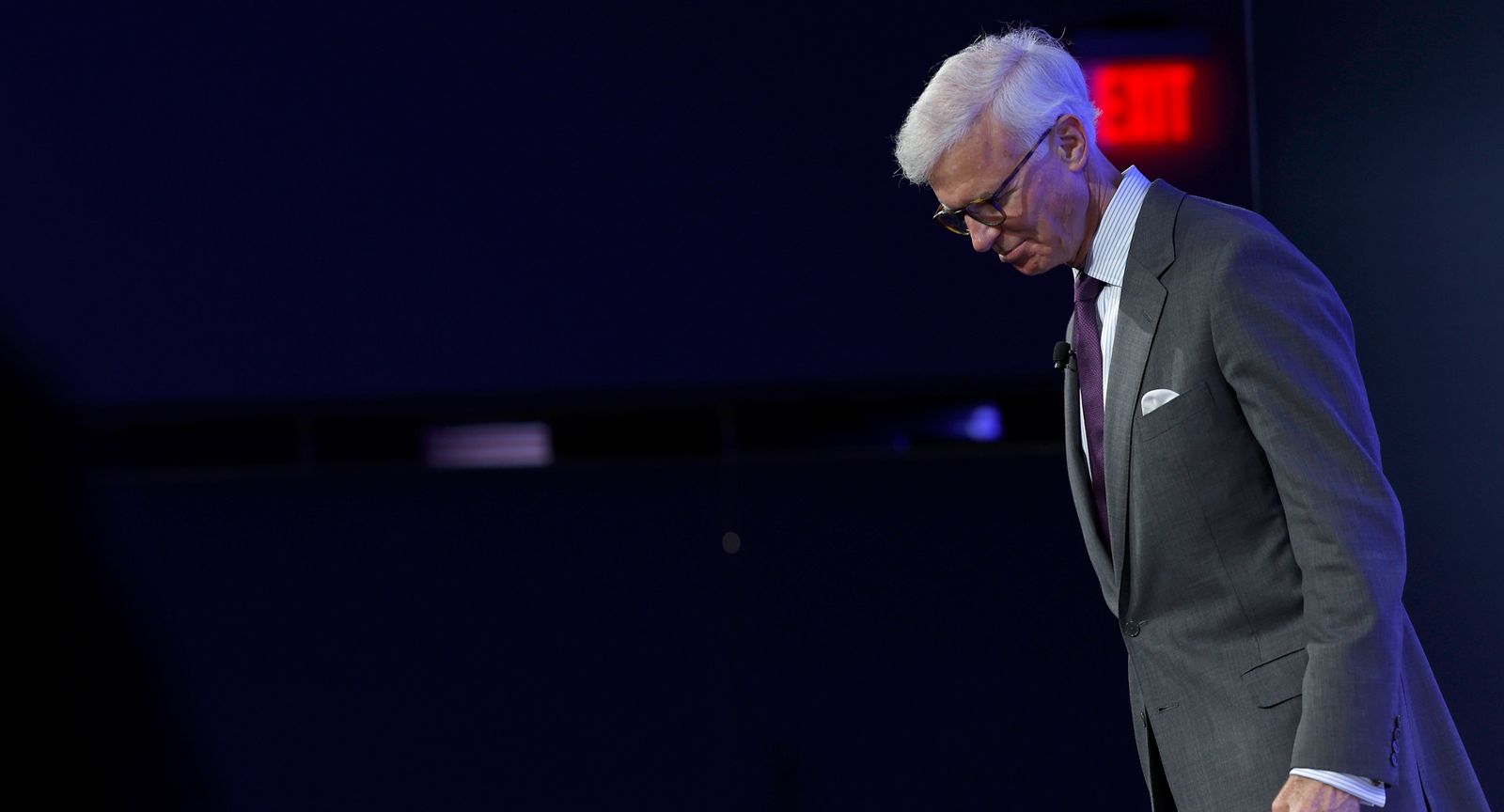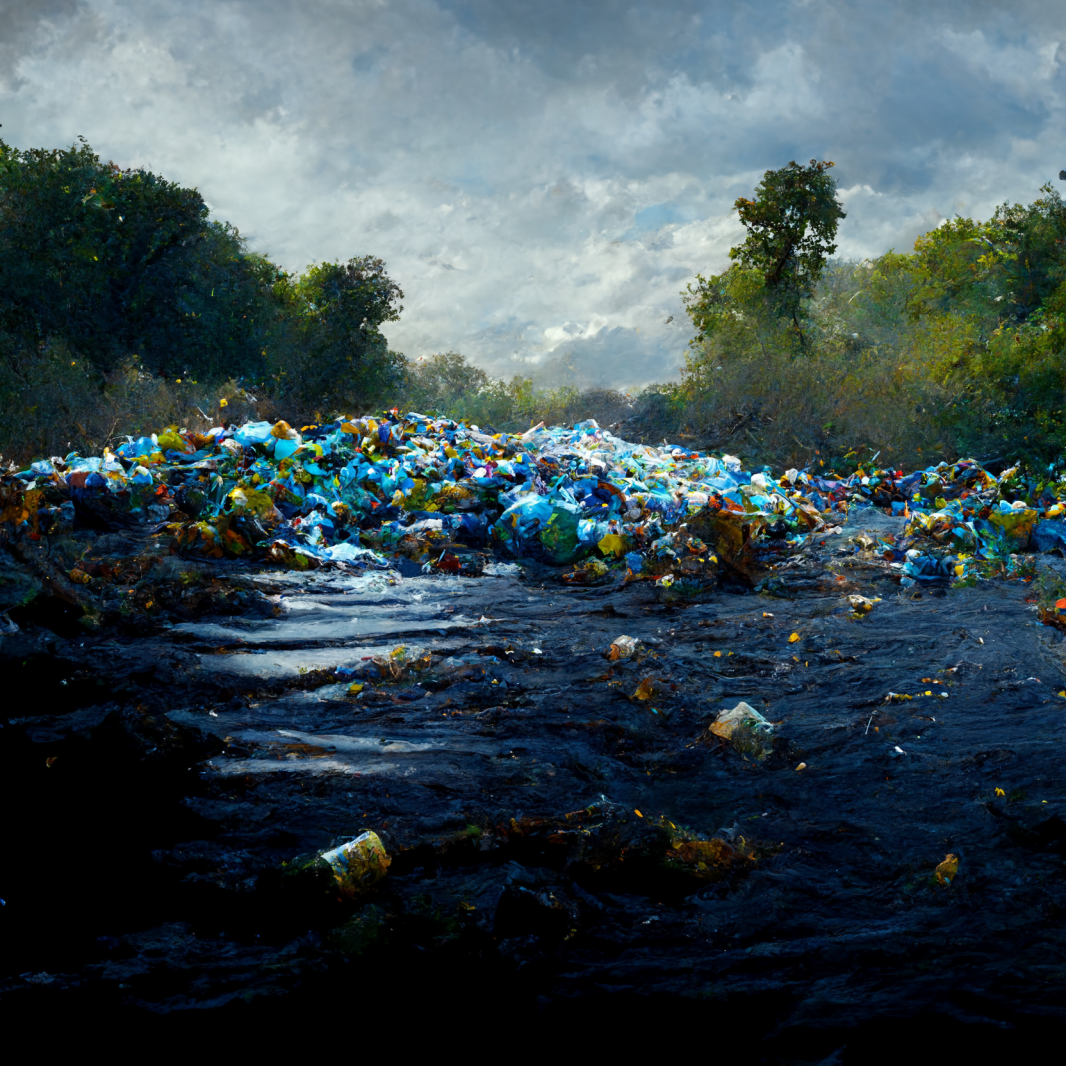As the Sanitation Department is distributing fines up to $1000 for people and businesses not separating their waste or use the correct recycling bin, Greenpeace comes out saying “That Recycling Plastic Doesn’t Work”.

Greenpeace has released a report stating that plastic recycling has largely failed and will always fail. The report argues that plastic waste is difficult to collect and sort for recycling, environmentally harmful to reprocess, often made of and contaminated by toxic materials, and not economical to recycle. These issues have been apparent since the start of the recycling movement, but municipal officials continued to try to recycle plastic in the hope that someone would find it worthwhile to buy the waste. Instead, they have had to pay to dispose of it, often by shipping it to countries with cheaper labor and weaker environmental regulations. In New York City, recycling a ton of plastic costs at least six times more than sending it to a landfill.
The Environmental Protection Agency has promoted recycling as a way to reduce carbon emissions, but its own figures show that the benefits are relatively small and come almost entirely from recycling paper products and metals, not plastic. Greenpeace is not apologizing for its long campaign to push plastic recycling on the public and is instead proposing a “Global Plastics Treaty” to phase out single-use plastics.
Infamous recycling scandal from Canada.
The Canada-Philippines waste dispute highlights the issue of wealthy countries exporting their waste to developing countries. In 2013, Canada shipped 103 shipping containers of garbage to the Philippines, labeled as plastics for recycling. However, the containers were found to contain household waste, including used adult diapers. The shipment sparked a diplomatic dispute between the two countries, with the Philippines demanding that Canada take back the waste. In May 2019, Canada agreed to pay $1.14 million to cover the cost of shipping the waste back to Canada, and the garbage was returned to Canada in June 2020. The dispute highlights the need for better international regulations to prevent the export of waste from wealthier countries to developing countries.
The solution ?
Dump it in land fields and bury it – this may sound stupid but it’s the safest and cleanest option to avoid plastic waste, and with new technologies it is possible to turn that waste into energy and use it to heat buildings and schools, France is doing just that.








